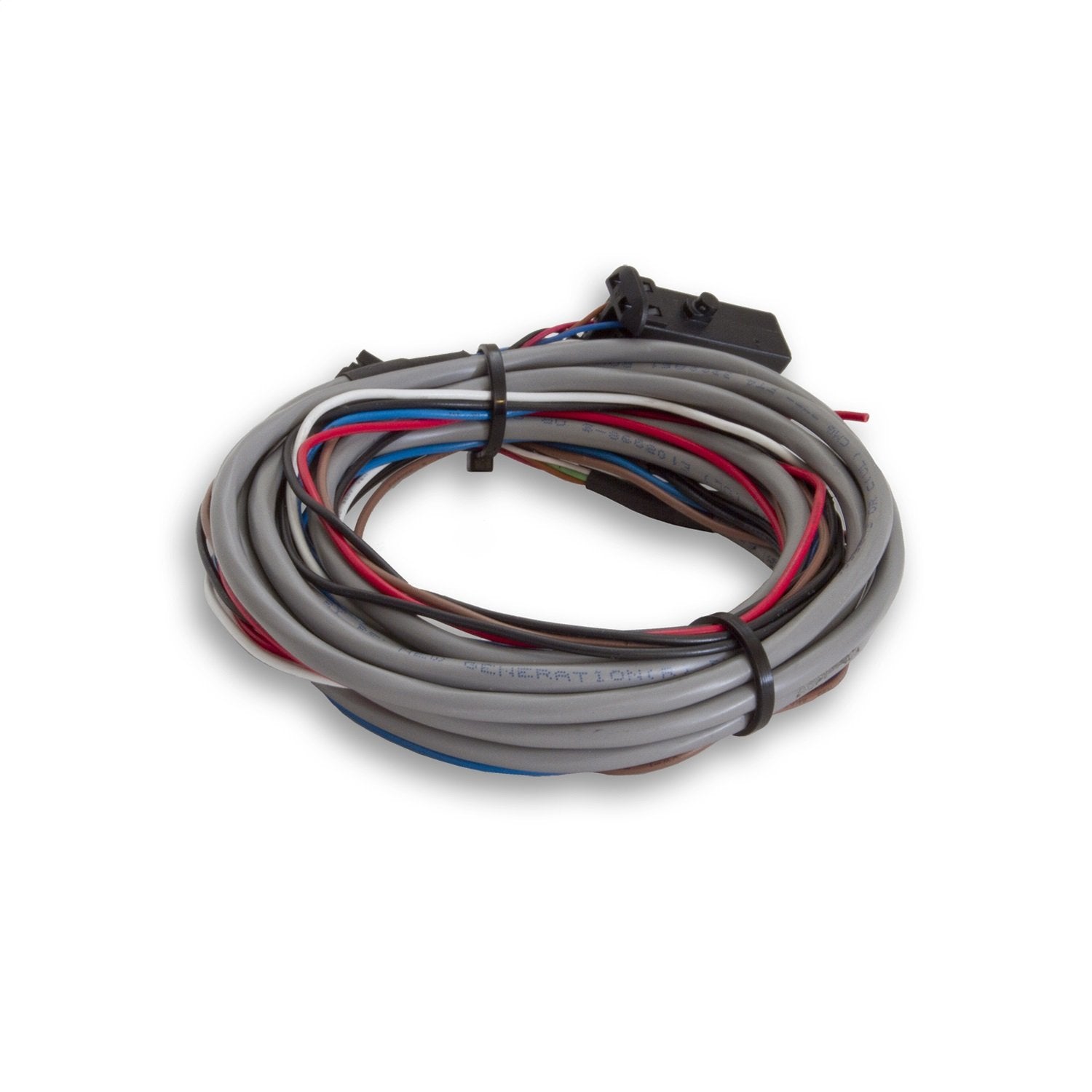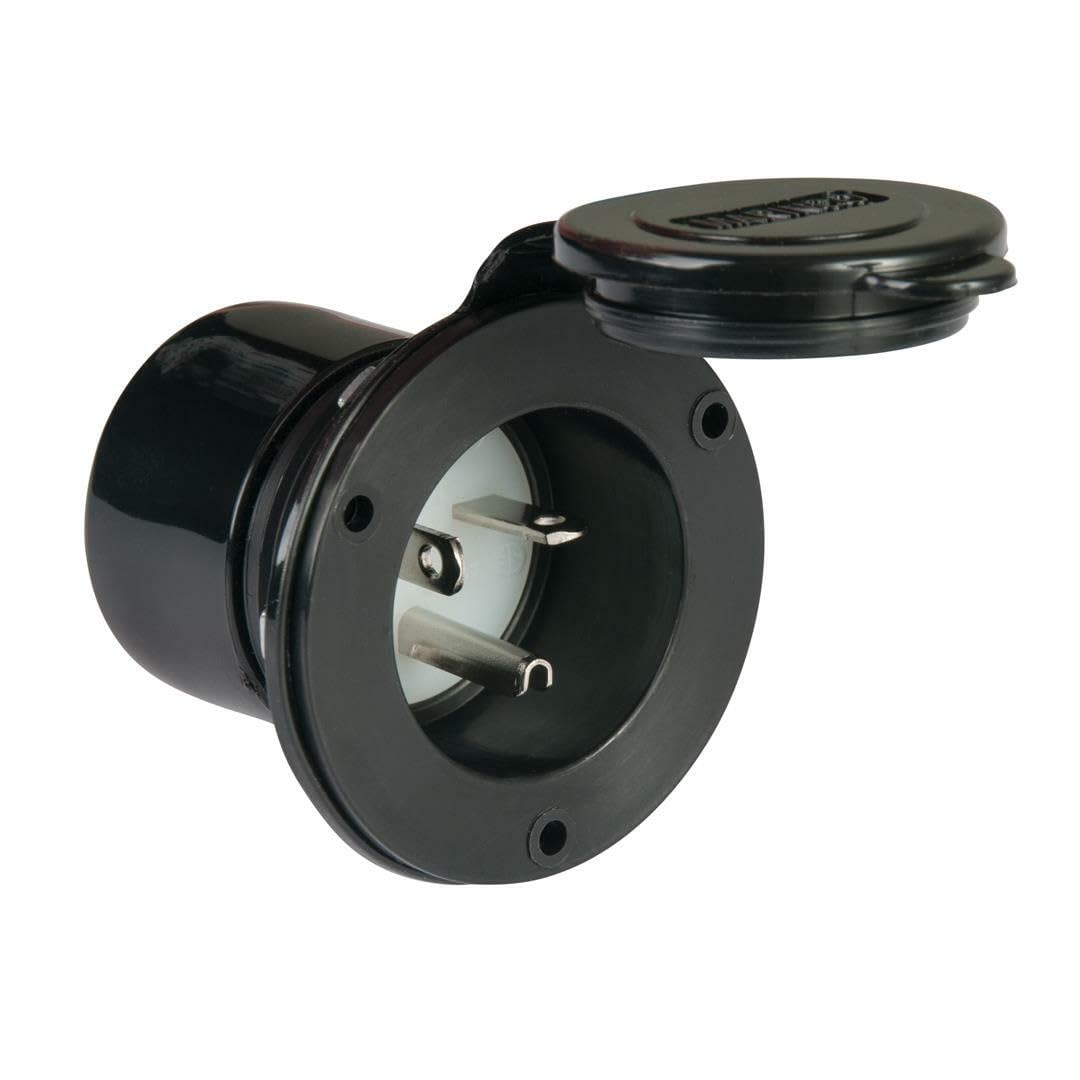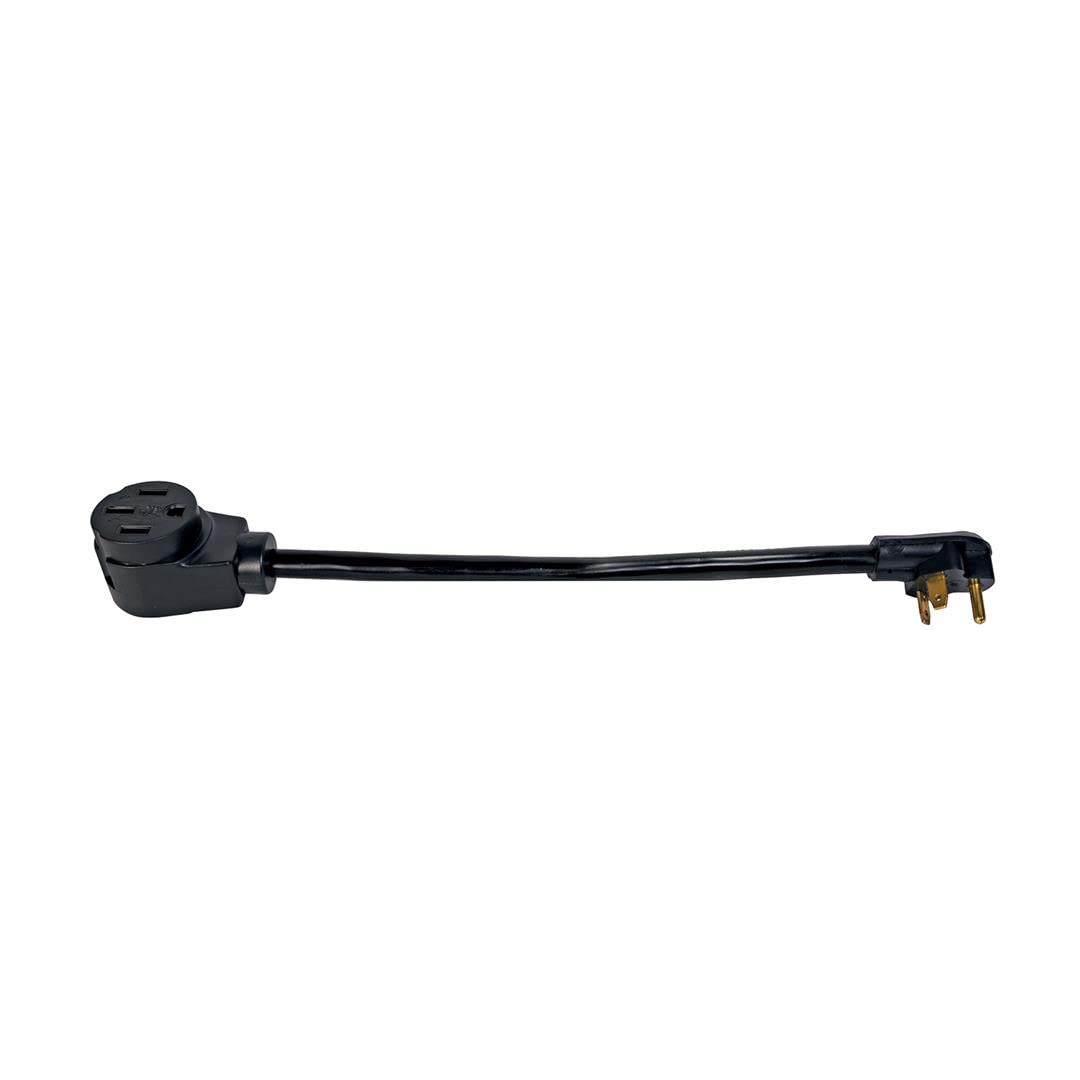Description
In an automobile, the main fuse serves a critical role in the electrical system. The main fuse is typically a high-amperage fuse located in the main fuse box or power distribution center. Its primary function is to protect the entire electrical system of the vehicle from overloads and short circuits.
Overload Protection:The main fuse is designed to handle a specific amount of current. If there is a sudden surge or overload of electrical current, such as during a short circuit, the main fuse will blow or trip. This interrupts the flow of electricity and prevents damage to the vehicle’s electrical components.
Fire Prevention:Overloads or short circuits in the electrical system can generate heat and pose a fire hazard. By blowing or tripping in the event of a fault, the main fuse helps prevent electrical fires by cutting off power to the entire system.
Protection of Components: The main fuse protects various electrical components and systems in the vehicle, including the wiring, battery, alternator, and other sensitive electronics. This ensures that these components are not damaged by excessive current.
Isolation of Faults: When the main fuse blows, it isolates the faulty circuit or component from the rest of the electrical system. This makes it easier to identify and address the specific issue causing the electrical fault.
If a vehicle is experiencing electrical problems, checking the main fuse is a common troubleshooting step. If the main fuse is blown, it indicates that there is an issue in the electrical system that needs to be identified and corrected before replacing the fuse.
Overload Protection:The main fuse is designed to handle a specific amount of current. If there is a sudden surge or overload of electrical current, such as during a short circuit, the main fuse will blow or trip. This interrupts the flow of electricity and prevents damage to the vehicle’s electrical components.
Fire Prevention:Overloads or short circuits in the electrical system can generate heat and pose a fire hazard. By blowing or tripping in the event of a fault, the main fuse helps prevent electrical fires by cutting off power to the entire system.
Protection of Components: The main fuse protects various electrical components and systems in the vehicle, including the wiring, battery, alternator, and other sensitive electronics. This ensures that these components are not damaged by excessive current.
Isolation of Faults: When the main fuse blows, it isolates the faulty circuit or component from the rest of the electrical system. This makes it easier to identify and address the specific issue causing the electrical fault.
If a vehicle is experiencing electrical problems, checking the main fuse is a common troubleshooting step. If the main fuse is blown, it indicates that there is an issue in the electrical system that needs to be identified and corrected before replacing the fuse.






Reviews
There are no reviews yet.